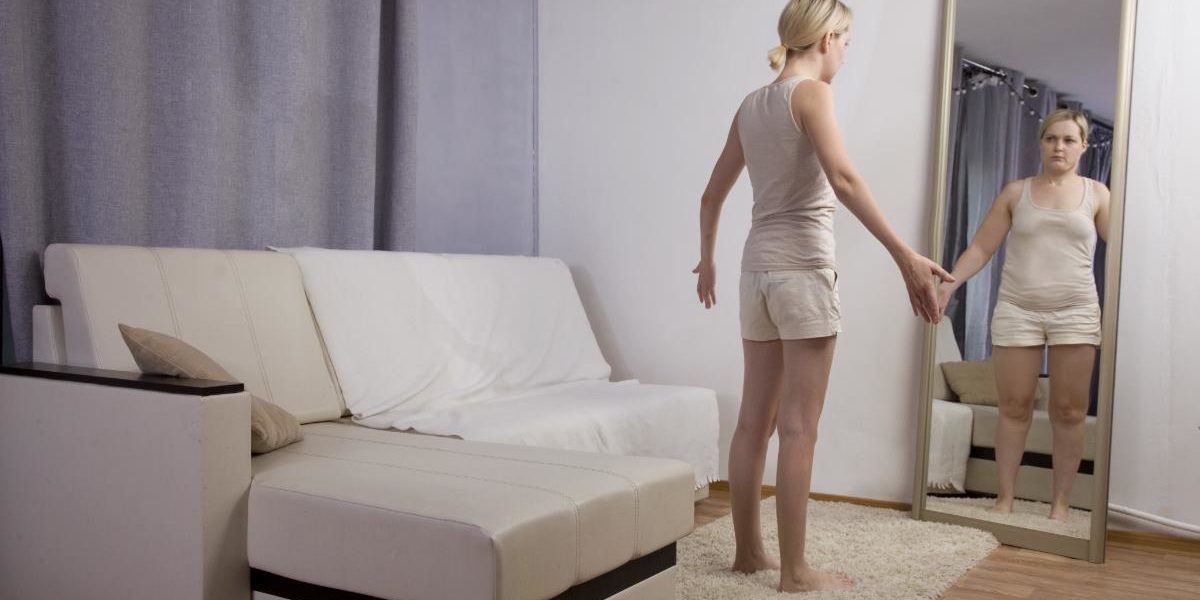An eating disorder is no laughing matter. Some may easily dismiss noticeably not eating a lot and even applaud them for suddenly being thin. The truth is that it is a chronic disease that has a very high relapse rate if not treated. At Crossroads, we have created a space where women can engage in therapy and programs that enhance their understanding of how and why they got to this place in their life.
It’s possible a co-occurring disorder could also be involved, and if that’s the case, it should be treated right alongside the eating disorder. It’s important to treat women as a whole. Therefore, we don’t just focus on symptoms. We also address underlying issues and support their physical, mental, emotional, social, and spiritual healing. Eating disorders have lasting health complications, and our team can educate you and your loved ones on what to be aware of. Talk with our team to learn more about eating disorder treatment, like bulimia treatment for women.
Bulimia Complications
Bulimia Nervosa involves binge eating and then purging. A person with bulimia will do everything within their control to lose weight, including vomiting, fasting, compulsive exercising, or excessive use of laxatives and diuretics. Eating Disorders like bulimia is serious disorders with medical complications that can be life-threatening. Long-term complications can arise, affecting the heart, brain, gastrointestinal system, hormones, and even death.
Other serious medical complications can include:
- Diabetes
- Poor bone health
- Compromised reproductive system
- Anemia
- Severe dehydration
- Amenorrhea
- Electrolyte imbalances
- Stroke
- Organ failure
Recognizing That You Need Bulimia Treatment
Society’s preoccupation with appearance and weight is only magnified by the pressure to be perfect for social media content. Our culture fosters this behavior, making eating disorders more prevalent. It’s all too easy to dismiss true symptoms of an eating disorder as a woman just trying to “look good.” Early detection can support women in getting the help they need for eating disorder recovery and learning to love their bodies. Depending on the type of eating disorder, symptoms can vary, but here are some common eating disorder signs to look out for:
- Refusal to eat certain foods or food groups
- Avoiding specific food textures or colors; increasingly picky about eating
- Excessive dieting, excessive overeating, or a combination of overeating and then purging
- Frequent trips to the bathroom after eating
- Extreme focus on diet, weight, exercise, or appearance
- Trying new diets all the time
- Won’t eat around others or only takes very small portions
- Heightened gag reflex with any food
- Noticeable damage to teeth from purging
- Easily getting dizzy when standing up
- Body chills at any temperature
- Constant fluctuation in weight that is noticeable
These are just a few of the symptoms associated with various eating disorders. Eating disorders require immediate attention and professional medical treatment at an accredited treatment facility like Crossroads.
Crossroads Offers Bulimia Treatment For Women
Any woman can begin their recovery from eating disorders in our safe, structured, therapeutic environment. At Crossroads, our goal is to help you avoid any medical complications and get you the treatment you need. We offer a variety of treatment options, including a residential women’s treatment center and outpatient services. We offer women a choice of evidence-based treatment modalities, including:
- Dialectical behavior therapy (DBT)
- Cognitive-behavioral therapy (CBT)
- Medical nutrition therapy
- Art and expressive therapies
- Motivational interviewing
- Mindfulness-based relapse prevention
If you are suffering from a co-occurring substance use disorder, you can receive treatment alongside your eating disorder as part of our dual diagnosis treatment program. Contact our caring and compassionate team today at 877.978.1667 to learn more about long-term complications of Bulimia and how to get treatment.


















